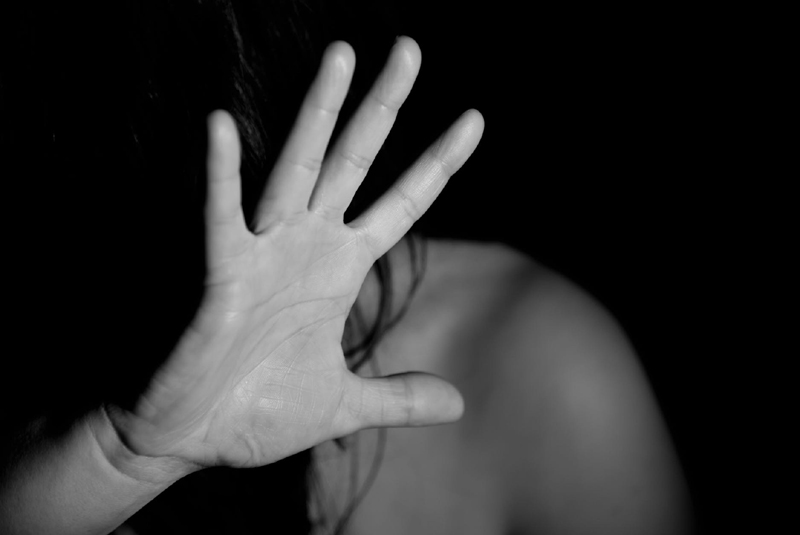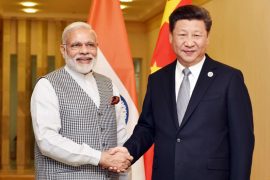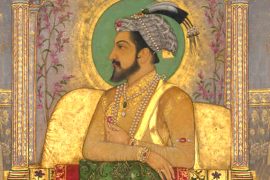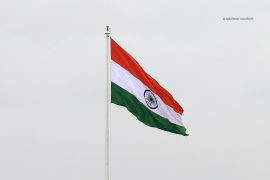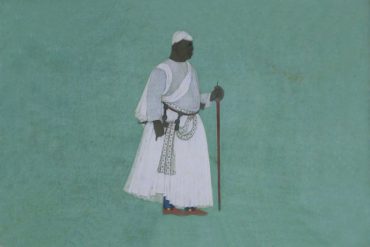In June 2018, the Thompson Reuters Foundation published a ‘global poll’ which claimed India was the world’s ‘most dangerous country for women.’ It said, ‘sexual violence against women was rife’, and women were ‘being forced into slave labour,’ making the conditions worse than in war-torn Afghanistan and Syria. India moved to the top of the poll as ‘not enough was being done to tackle the danger women faced.’
Instead of carefully considering the merits of the report and taking systemic measures to tackle the problem, the government of India refuted the Reuters poll results as ‘unreliable’, ‘flawed,’ and ‘clearly inaccurate’ because it was based on ‘responses to simply six questions’ which were ‘inherently subjective opinions’ from just five hundred respondents.
The report also triggered a plethora of reactions from India’s politicians, media and civil society. The BJP, which had earlier used a Thompson Reuters Foundation report (published in 2011, placing India as the fourth most dangerous country in the world) to criticise the then government’s performance, rubbished the Reuters report as an ‘agenda’ to ‘brand’ India as a dangerous place for women.
Shashi Tharoor, a Member of Parliament from the Congress Party who had earlier served in the United Nations, brushed it aside as a ‘sweeping statement’ which was a ‘bit difficult to swallow’ and said he was ‘astonished that Afghanistan and Syria fared better than India.’
According to government data, between 2007 and 2016, crimes against women increased by 83 per cent—with four rape cases reported every hour. In 2018, speaking to the Thompson Reuters Foundation, Manjunath Gangadhar, an official at the Karnataka state government, said:
India has shown utter disregard and disrespect for women…rape, marital rapes, sexual assault and harassment, female infanticide has gone unabated.
After the brutal gang rape and murder of Nirbhaya, the government proposed stricter legislation for sexual harassment and crimes against women. After Modi became Prime Minister in 2014, the government devised schemes such as ‘Beti Bachao, Beti Padhao,’ meaning ‘Save the Girl Child, Educate the Girl Child.’ However, such policy schemes were no more than vehicles for political propaganda. According to a Parliamentary Committee on Empowerment of Women, about 80 per cent of funds meant for the Beti Bachao, Beti Padhao were spent on media campaigns.
Unfortunately, crimes against women have not decreased. On the contrary, the data reveals a dramatic increase in crimes against women. According to data published by India’s National Crime Records Bureau (NCRB), there were over 371,503 cases of crimes against women (including cruelty, kidnapping and abduction, assault with intent to outrage modesty, and rape) in 2020. A year later, in 2021, that number increased to 428,278 cases, and in 2022, the number increased to 445,256 cases of crimes against women.
Five North Indian states have the highest crime rate against women – in absolute numbers. Uttar Pradesh leads with crimes against women, with 65,743 cases of crimes against women, followed by Maharashtra (45,331), Rajasthan (45,058), West Bengal (34,738) and Madhya Pradesh (32,765). Together, these five states contributed to 2,23,635 cases — 50.2 per cent of the total cases lodged in India.
Worryingly, India’s metropolitan cities have also witnessed a dramatic increase in crimes against women: Delhi, the national capital, recorded 14,158 cases; Mumbai recorded 6,176; Bengaluru recorded 3924 cases.
Many cases of sexual assault have been recorded across the country. Many have been reported in the press, causing outrage. But not much was done. Examples are aplenty. In Muzaffarnagar, a fourteen-year-old Dalit girl was kidnapped and raped. They chopped off her breasts, inserted a knife inside her private parts, and sliced her body with a sickle. In Kathua, Jammu and Kashmir, an eight-year-old Muslim girl was gang-raped and murdered. In Unnao, a BJP leader and his henchmen gang-raped a thirteen-year-old girl, attacked her parents and fled. But soon, they were allowed to roam free on bail. Later, they intimidated and pressured her to withdraw the case against them. When she didn’t, they set her house on fire. In 2024, seven men gang-raped and assaulted a Brazilian-Spanish woman while on a bike tour in Jharkhand’s Dumka district. Last week, a doctor in Kolkata was raped and murdered.
Sexual violence is pervasive—even in the higher echelons of the society. The President of the Wrestling Federation of India—a politically powerful BJP leader—sexually harassed India’s female Olympians. He groped them, touched their breasts and buttocks without consent, intimidated them and demanded sexual favours in exchange for professional help. Yet, he escaped without much consequence. His son got a ticket to stand in the elections in his place, and one of his henchmen, a dummy, was elected as the president of the Wrestling Federation of India.
Ironically, India is a country where people worship women as goddesses. Yet it is also a country where women are abused, assaulted and raped. The problem is systemic and deep-rooted. The rape and murder of a female doctor in Kolkata is not an anomaly. It is part of a wider malaise, a systemic problem, and a reality that is perhaps deliberately ignored by India’s policymakers, lawmakers and enforcement authorities.
Mahatma Gandhi famously said, “The day a woman can walk freely on the roads at night, that day we can say that India has achieved independence.” Ironically, today, seventy-eight years after India declared independence, women are not safe in the country—a clear indication of the state of democracy in the country.
-30-
Copyright©Madras Courier, All Rights Reserved. You may share using our article tools. Please don't cut articles from madrascourier.com and redistribute by email, post to the web, mobile phone or social media.Please send in your feed back and comments to [email protected]

